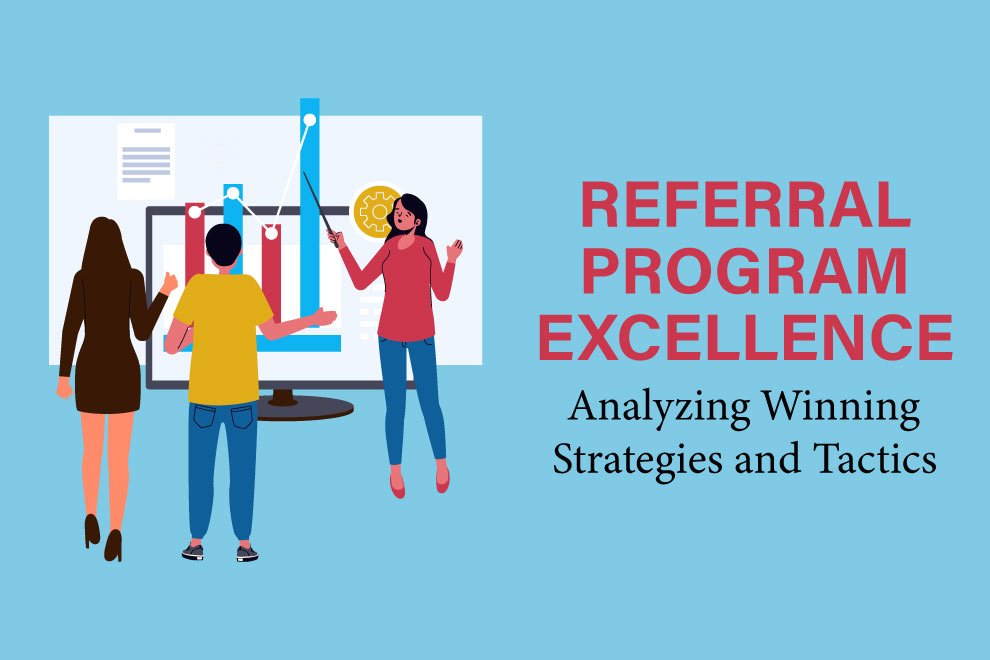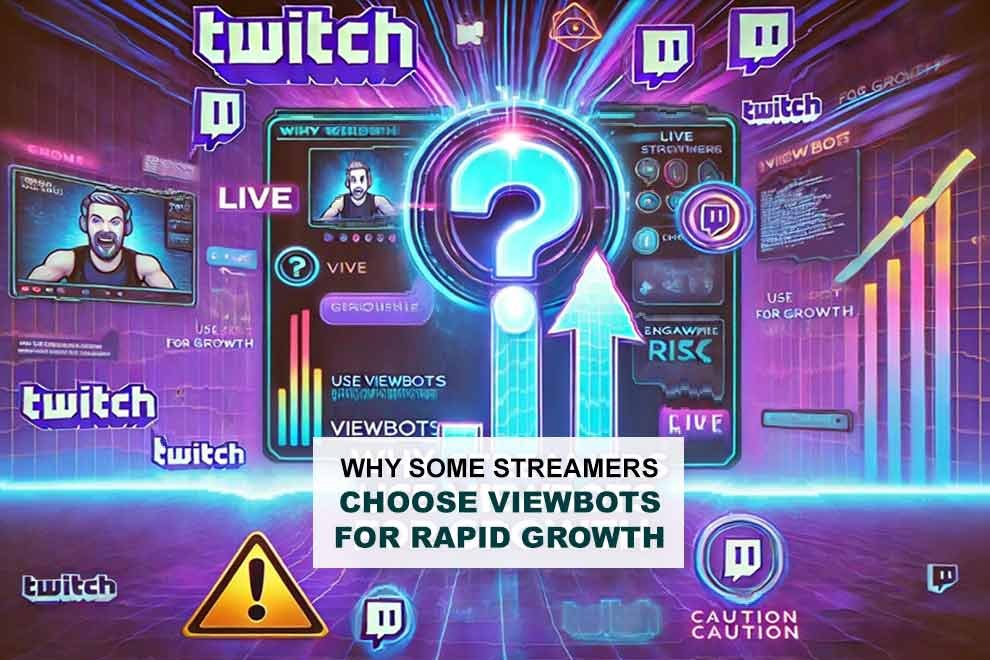How do successful businesses consistently attract new customers while simultaneously building loyalty among existing ones? This question lies at the heart of modern marketing strategies, where customer advocacy and word-of-mouth referrals reign supreme. Referral marketing has emerged as a potent tool for businesses across various industries, leveraging the power of satisfied customers to drive growth and brand awareness.
In today’s digitally interconnected world, referral programs have evolved beyond traditional word-of-mouth to encompass sophisticated strategies aided by referral marketing software and online platforms.
In this comprehensive analysis, we delve deep into referral program examples, exploring the comparative strategies employed across different industries, key metrics for evaluation, effective strategies and tactics, and future trends shaping the landscape of referral marketing ideas.
Comparative Analysis of Different Industries
A good referral marketing strategy can bring top results across diverse sectors, from e-commerce and SaaS (Software as a Service) to hospitality and financial services. Each industry presents unique challenges and opportunities, shaping the design and execution of referral programs.
- E-commerce: Online retailers have pioneered online referral marketing, capitalizing on seamless integration with their digital platforms. Successful e-commerce referral programs often incentivize both the referrer and the referred, offering discounts, cash rewards, or loyalty points. Referral marketing software streamlines the process, automating reward distribution and tracking referral metrics.
- SaaS (Software as a Service): In the competitive landscape of SaaS, where customer retention is paramount, a referral marketing program plays a crucial role. Beyond monetary incentives, SaaS companies leverage the intrinsic value of their products to drive referrals. Offering extended trial periods, exclusive features, or premium support for referred customers enhances the appeal of referral programs.
- Hospitality: From hotels to travel agencies, the hospitality industry thrives on positive experiences and recommendations. Personalized offers, such as complimentary stays or upgrades, incentivize guests to refer friends and family. Leveraging social proof through user-generated content and testimonials amplifies the effectiveness of referral marketing campaigns.
- Financial Services: Trust and credibility are paramount in the realm of financial services. Referral programs in this sector focus on rewarding both parties while ensuring compliance with regulatory frameworks. Referral bonuses, preferential interest rates, or access to exclusive financial products incentivize customers to refer their peers, fostering a sense of community and trust.
Key Metrics for Evaluation
Effective evaluation of referral program marketing requires tracking key metrics to gauge performance and optimize strategies.
- Customer Acquisition Cost (CAC): Calculating the cost incurred to acquire a new customer through referral programs provides insights into the program’s efficiency and scalability. Lower CAC indicates higher ROI (Return on Investment) and sustainable growth.
- Conversion Rate: Monitoring the conversion rate from referral leads to actual customers helps identify bottlenecks in the referral process. A high conversion rate signifies effective targeting, compelling messaging, and a seamless user experience.
- Customer Lifetime Value (CLV): Referral programs not only drive customer acquisition but also impact long-term profitability. Evaluating the CLV of referred customers compared to non-referred ones provides a holistic view of the program’s impact on business revenue.
- Referral Velocity: The speed at which referrals are generated and converted reflects the virality and effectiveness of the referral program. Analyzing referral velocity helps identify trends, optimize incentives, and capitalize on peak referral periods.
- Satisfaction Score: Tracking customer satisfaction levels among referrers and referred customers gauges the overall success of the referral program. Positive feedback indicates strong brand advocacy and the ability to foster a loyal customer base.
Key Strategies and Tactics for Referral Program Excellence
Referral program excellence hinges on strategic planning and tactical execution, encompassing a range of innovative approaches and best practices.
- Segmented Targeting: Tailoring referral incentives and messaging based on customer segments enhances relevance and engagement. Segmenting customers by demographics, purchase history, or engagement level allows for personalized referral campaigns that resonate with different audience segments.
- Omnichannel Integration: Seamless integration across multiple channels, including email, social media, and mobile apps, maximizes the reach and effectiveness of referral programs. Providing multiple touchpoints for customers to refer their peers ensures accessibility and convenience.
- Incentivized Sharing: Encouraging customers to share referral links through incentives such as bonus rewards or exclusive access incentivizes proactive advocacy. Leveraging gamification elements, such as leaderboards or challenges, adds a competitive edge and motivates customers to amplify their referrals.
- Social Proof and Testimonials: Harnessing the power of social proof through user-generated content, testimonials, and reviews builds credibility and trust. Featuring real-life success stories and experiences strengthens the persuasive appeal of referral programs, inspiring confidence among potential referrers and referred customers.
- Continuous Optimization: Iterative testing and optimization are critical for refining referral program strategies and maximizing results. A/B testing different incentives, messaging variations, and referral channels enables data-driven decision-making and continuous improvement.
Future Trends and Innovations in Referral Programs
As technology advances and consumer behavior evolves, the landscape of referral in marketingcontinues to undergo transformations, driven by emerging trends and innovations.
- AI-Powered Personalization: Leveraging artificial intelligence (AI) algorithms for personalized recommendations and targeted messaging enhances the effectiveness of referral programs. AI-driven insights enable predictive analytics, allowing businesses to anticipate customer needs and preferences, thereby optimizing referral incentives and outreach strategies.
- Blockchain-Based Referral Platforms: Blockchain technology offers unprecedented transparency and security when it comes to referral tracking and reward distribution. Decentralized referral platforms powered by blockchain enable tamper-proof tracking of referrals, smart contract execution and tokenized rewards, promoting trust and reliability among participants.
- Social Commerce Integration: The convergence of social media and e-commerce presents new opportunities for those who wish to employ new referral marketing tips. Integrating referral programs seamlessly within social commerce platforms enables frictionless sharing and instant gratification, leveraging social networks as powerful referral channels.
- Influencer Partnerships: Collaborating with influencers and brand advocates amplifies the reach and impact of referral programs. Partnering with influencers who align with the brand values and target audience facilitates authentic endorsements and expands the referral network to new audiences.
- Augmented Reality (AR) Experiences: Immersive AR experiences offer innovative ways to engage customers and drive referrals. Integrating AR technology into referral campaigns enables interactive product demonstrations, virtual try-ons, and experiential marketing initiatives, creating memorable and shareable moments that spark referrals.
A Final Thought
In an era defined by interconnectedness and digital empowerment, referral marketing emerges as a cornerstone strategy for businesses seeking sustainable growth and customer advocacy. By analyzing winning strategies and tactics across different industries, evaluating key metrics for performance measurement, and embracing future trends and innovations, businesses can unlock the full potential of referral programs to drive revenue, foster loyalty, and amplify brand influence in what is often a competitive marketplace. With the right blend of creativity, technology, and customer-centricity, referral program excellence becomes not just a goal but a strategic imperative for businesses poised for success in the digital age.










